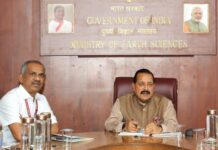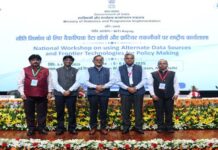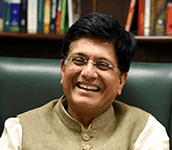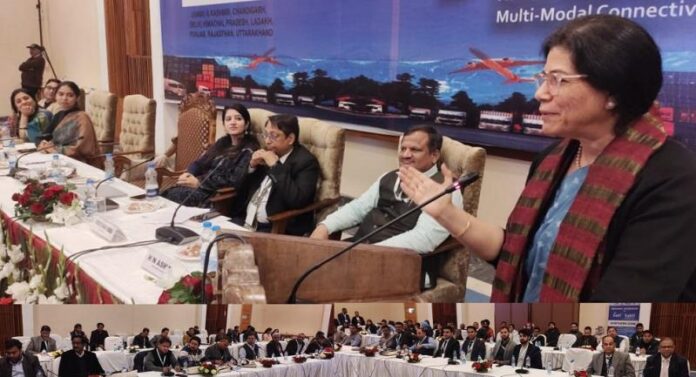SRINAGAR, MARCH 18: The two-day third regional workshop for Northern zone ended today in Srinagar. More than 250 Officials from Central ministries, States/UTs and industry players participated in the workshop for Northern Region.
The theme of the workshop for day two was National Logistics Policy.
Throwing light on the proceedings of the workshop, Smt Sunita Dawra, Special Secretary, Department for Promotion of Industry and Internal Trade (DPIIT) Ministry of Commerce and Industry, Government of India said that logistics is about development of both infrastructure and services related to logistics.
She said that to complement the PM GatiShakti National Master Plan (NMP), the National Logistics Policy (NLP) was launched to address the components of improving efficiency in logistics services and human resource through streamlining processes, regulatory framework, skill development, mainstreaming logistics in higher education and adoption of suitable technologies.
Smt Dawra added that NLP lays down an overarching interdisciplinary, cross-sectoral and multi-jurisdictional framework for the logistics sector and provides a comprehensive policy framework for all sub-sectors in the logistics ecosystem that are critical for efficient logistics.
During day two of the workshop, presentations by states/UTs including Himachal Pradesh, Uttarakhand, Punjab and Jammu & Kashmir were made on their respective State Logistics Policies. According to these presentations, it was observed that fiscal and non-fiscal incentives have been drawn out under these policies that will facilitate ease of doing business and attract investments in logistics sector. Certain States/UTs like Punjab, J&K have accorded ‘Industry’ status to Logistics, to enable concessional financial access to logistics industry.
During the proceedings of the workshop, it was revealed that that the broad targets of the NLP are to: (i) reduce cost of logistics in India to be comparable to global benchmarks by 2030.; (ii) improve the Logistics Performance Index ranking – endeavor is to be among top 25 countries by 2030, and (iii) create data driven decision support mechanism for an efficient logistics ecosystem.























